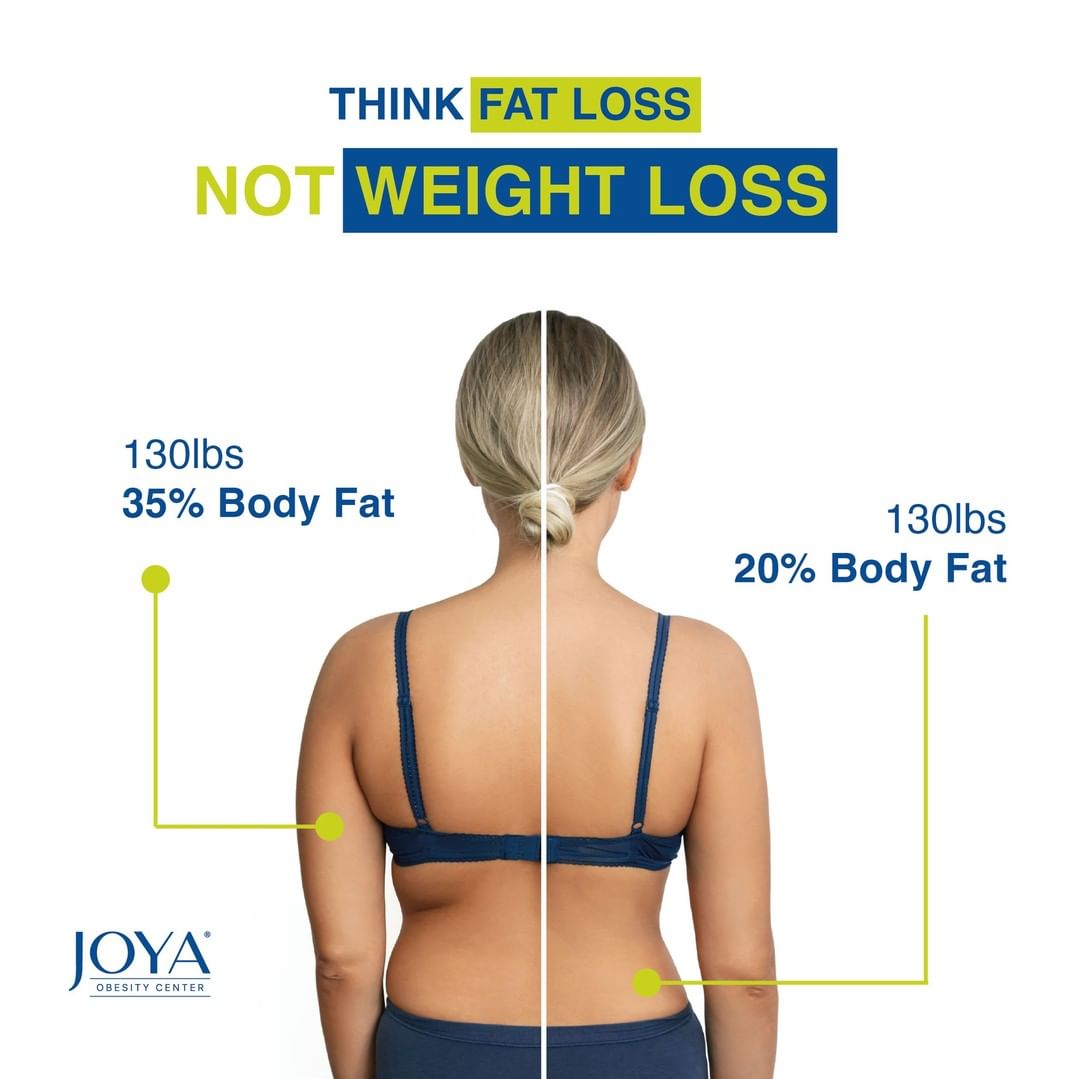n the quest for a healthier body, many people often conflate weight loss with fat loss. While both terms are related to body composition, they have different implications for your health and well-being. Understanding these differences is crucial for anyone looking to achieve sustainable results in their fitness journey. Let’s explore what sets weight loss apart from fat loss and why maintaining overall health is essential.
Weight Loss vs. Fat Loss
Weight Loss
Weight loss refers to a decrease in your total body weight. This can include the loss of water, muscle mass, fat, and even bone density. While losing weight may be a goal for many, it doesn’t necessarily indicate that you are losing fat. For instance, when people drastically reduce their caloric intake or engage in excessive cardio, they may lose weight quickly, but this can lead to muscle loss and dehydration, which are not healthy outcomes.
Fat Loss
Fat loss specifically refers to the reduction of stored body fat. This is typically the desired outcome for individuals aiming for better body composition, as it helps improve overall health, enhance physical performance, and boost metabolic rate. Unlike general weight loss, fat loss usually focuses on preserving lean muscle mass while reducing excess fat. This can be achieved through a combination of proper nutrition, strength training, and aerobic exercise.
Why Maintaining Health is Important
- Muscle Preservation
When you focus solely on weight loss, you may lose muscle along with fat. Maintaining muscle is essential for a healthy metabolism, as muscle burns more calories at rest compared to fat. Incorporating strength training into your routine can help preserve and even build muscle while losing fat. - Nutritional Balance
A healthy approach to fat loss prioritizes nutrition. Instead of restrictive diets that promote rapid weight loss, a balanced diet rich in whole foods—fruits, vegetables, lean proteins, and healthy fats—provides essential nutrients that support overall health. Proper nutrition helps maintain energy levels, improves mood, and reduces the risk of chronic diseases. - Sustainable Results
Focusing on fat loss rather than just weight loss promotes sustainable habits. Quick fixes often lead to yo-yo dieting, where individuals regain weight after returning to old habits. A healthy lifestyle that includes regular physical activity and mindful eating fosters long-term success and prevents future weight gain. - Improved Health Markers
Fat loss can lead to significant improvements in various health markers, such as blood pressure, cholesterol levels, and blood sugar regulation. Reducing excess body fat decreases the risk of developing conditions like heart disease, diabetes, and certain cancers, contributing to a longer, healthier life. - Mental Well-Being
The journey toward fat loss often involves adopting healthier habits, which can positively affect mental health. Regular exercise and balanced nutrition have been linked to improved mood and reduced symptoms of anxiety and depression. Feeling good about your body and health can boost confidence and motivation.
Understanding the distinction between weight loss and fat loss is vital for anyone seeking a healthier lifestyle. While losing weight can feel rewarding, focusing on fat loss ensures that you’re making choices that benefit your overall health and well-being.
Prioritize a balanced diet, regular exercise, and muscle preservation for sustainable results that enhance not only your appearance but also your quality of life. Remember, the goal is not just to lose weight but to become healthier, happier, and more resilient. By embracing this mindset, you can set yourself up for lasting success on your health journey.



No comment